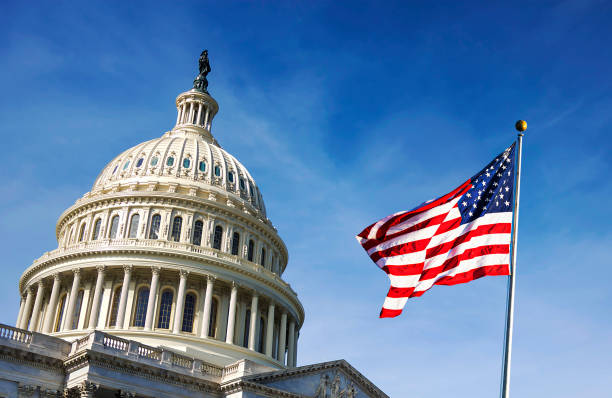John F. Kennedy, the 35th president of the United States, addressed the country with a powerful speech on February 20, 1961. Congress’ position on the value of education.

John F. Kennedy was the 35th President of the United States (Photo: Unsplash)
According to EdSurge, President Kennedy once said, “Our progress as a country can be no swifter than our progress in education.” “Every young American’s potential must be fully developed in order to meet our needs for global leadership, our hopes for economic growth, and the demands of citizenship itself in an era like this.”
Even the financial realities of higher education and institutional viability were addressed in the president’s speech. “Since tuition and fees typically do not cover the institution’s actual costs associated with educating the student, additional allowances to the college or university attended should accompany each scholarship to enable these institutions to accept the additional students without imposing an excessive fee increase or suffering an excessive financial loss,” the statement reads.
READ ALSO: Projected Rise Of Mortgage Rates May Trigger 8% Surge
I wonder what President Kennedy would have to say about the reality that Americans have accumulated at least $1.7 trillion in student debt in light of his words and actions regarding education.
According to Reclaim, The American Dream’s long-standing top desire, a college degree, is now in risk as a result of the financial cancer that is the nation’s tremendous student debt. Due to the burden it places on our whole economy, student debt not only relentlessly squeezes millions of normal families but also exacts a hidden cost on all Americans.
The millennial generation’s economic behavior is changing as a result of student debt. When they graduate from college, a record number of young people choose to remain with their parents rather than rent or purchase a property in order to save money. According to a May 2016 Pew Research Center research, more people aged 18 to 34 (32.1%) live with their parents than with a partner, a romantic partner, or with roommates for the first time since 1880.
The median age for first marriages has increased significantly since 1956, when it was 20.1 years for women and 22.5 years for males. This is due to the fact that today’s college graduates put off getting married. Similar to this, younger people frequently put off buying cars and other expensive products like household appliances, which support the expansion of the U.S. economy. The economy grows more slowly as millions of young adults cut back on their spending.
READ ALSO: As Federal Student Loan Payments Are About To Resume, Borrowers Are Anxious.









